Maturation of UK solar and storage has contributed to ‘execution’ risk
‘The UK market has matured,’ Guy Lavarack, chief investment officer at the Luminous Energy Group, tells PV Tech Premium this week.


‘The UK market has matured,’ Guy Lavarack, chief investment officer at the Luminous Energy Group, tells PV Tech Premium this week.
Spanish IPP Grenergy has secured a senior non-recourse financing agreement worth €98.8 million for the172MW Ayora solar PV project in Spain.
The European Commission has proposed improvements to Europe’s energy infrastructure, aiming to accelerate the grid permitting process.
The average price of several types of solar PV modules remained stable in Europe in November, according to sun.store.
German renewables developer Blue Elephant Energy has signed two long-term power purchase agreements (PPA) with the German railway network operator Deutsche Bahn for utility-scale solar power projects.
Long-term solar project finance will need to be more reliant on flexible financing mechanisms, such as securitisation.
Growing hybridisation and co-location of renewable power projects and storage facilities could strengthen revenue in Europe’s power sector.
The gap between the largest and smallest markets in the European renewable energy sector have narrowed in recent years.
Economic trends and the US election have changed the conditions for investment in the European solar sector, say SFIEU panellists.
Europe will see “moderate” electricity demand increase in the coming years, despite the global growth of data centres and AI.